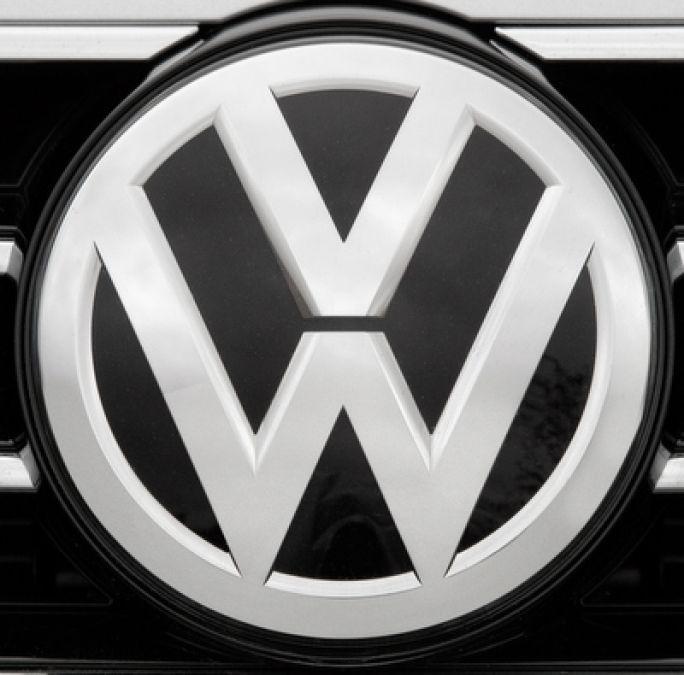One piece of the Dieselgate affair lost in all the coverage of suits, settlements and demands for payments, has been one of the reasons that Volkswagen was determined to make a substantial investment in diesel in the first place, the environment.
Until it admitted that it had been cheating on nitrous oxides emissions, Volkswagen’s publicly stated planning made diesel a central part of its emissions strategy. VW had hoped to that diesel vehicles would be a significant factor in is sales mix, especially in markets like North America, China and Europe.
Major Plannning Shakeup Occurred
Dieselgate shook things up radically, of course, so that VW had to find a new strategy to handle tightening emissions standards into the 2020s and beyond. Early this year, Volkswagen announced a new plan centered heavily on electric vehicles – plug-in hybrids and pure electrics, especially in China.
To that end, the automaker has been working with SAIC Motor Corp. and the China FAW Group on passenger vehicle ventures. (The laws in China require that foreign firms set up joint ventures with domestic partners. The reason is so that local businesses can gain knowledge of the technology involved and operations. A statement from a key Chinese official seems to indicate that they may revisit their policy capping foreign ownership at 50 percent.)
In a new move announced Wednesday, the VW Group expanded its continuing efforts with a preliminary deal, signed with the Jianghuai Automobile Company (JAC). Under the joint venture, VW will explore building electric and plug-in hybrid cars with the Chinese auto group. The preliminary agreement is due to be followed with a formal pact within five months, JAC said in a filing with the stock exchange.
That JAC would partner with an automaker like VW makes lots of sense. China, facing stringent pollution and fuel-economy standards, is building its electric vehicle fleet as quickly as possible.
Memo Of Understanding
Wednesday’s announcement was in the form of a memorandum of understanding (MOU). The MOU, a non-binding agreement, is slated to be followed in by a final deal that will flesh out the details. The final pact is subject to government approvals and procedures. According to the filing with the stock exchange, the size of the investment and the business aren’t final. Neither JAC nor Volkswagen would elaborate.
China is rapidly expanding the proportion of electric vehicles on its roads. Last year, the country became the largest manufacturer of electric vehicles (EVs) thanks to government-sponsored incentives that encourage the switch from gasoline-based propulsion to electrics.
With the number of gasoline vehicles on its roads, contributing to China’s heavy pollution problem, it makes sense for the country to encourage EVs. China has labeled EVs new energy vehicles (NEVs). Sales of NEVs – pure electrics and plug-in hybrids – rose by more than 400 percent last year, a trend that is continuing this year.
Largest Electric Vehicle Maker
The country has, in fact, surpassed the U.S. as the largest manufacturer of pure electrics. JAC is among the top sellers of EVs in China and, according to Automotive News, it is also one of the last major carmakers without a foreign venture partner. JAC Chairman An Jin indicated last March that his company was talking with VW.
For both companies the deal makes sense. JAC gains the foreign partner and resources that it brings, while Volkswagen needs another EV partner in China to help it meet the stringent emission and fuel-economy standards in the near future.





